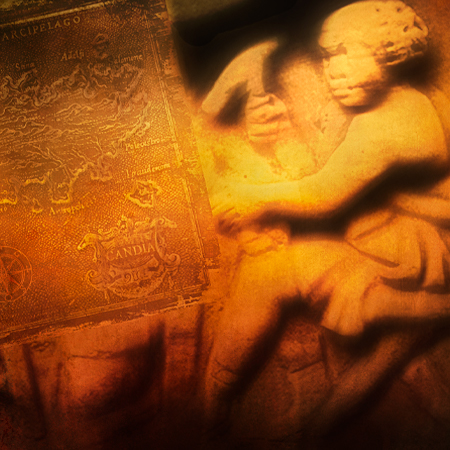4 To Titus, my true child in a common faith: Grace and peace from God the Father and Christ Jesus our Savior. 5 This is why I left you in Crete, so that you might put what remained into order, and appoint elders in every town as I directed you—
Titus 1:4-5
We saw last week that Paul begins this letter with a greeting that establishes his authority to instruct the churches about what they are to believe and how they are to live. He does so by highlighting his own unique role in the unfolding of salvation history (1:1-3). This week, we will consider the recipient of the letter (Titus) as well as what occasioned its writing (1:4-5).
In 1:4 we see that the letter was sent to Titus, a man who Paul affectionately refers to as “my true child.” This deeply personal language was also employed by the apostle in each of his letters to Timothy (1 & 2 Tim. 1:2) and illustrates how close he felt to Titus. It could be that the apostle had led both men to faith in Jesus and considered himself their “father” in that sense. It is also interesting to note that Timothy was a Jew (Acts 16:1-5) while Titus was a gentile (Gal. 2:3) and these men therefore serve as examples of Paul’s ministry to “all men” (2 Cor. 9:22). Like Timothy, Titus seems to have had the trust of the apostle and he was therefore given an important role in extending the scope of Paul’s ministry. We know from 2 Corinthians that Titus was dispatched to the church there in order to follow-up on Paul’s first letter as well as to collect an offering from them for the church in Jerusalem.
From 1:5 we find out that Paul and Titus were together at some point on the island of Crete, in all likelihood involved in evangelistic activities among the unbelieving and teaching ministry among the believers. Paul seems to have moved on, but he left Titus there in Crete in order to complete the work that they began by putting what remained in order through the appointing of leaders for the church. This was an important work because of the unique cultural challenges that Crete presented to gospel ministry. Historically speaking, Crete had been a place of thriving culture and civilization during the 2nd millennium B.C. but had fallen away from its former glories by the 1st C. A.D. Religiously, it had its own mythology, believing that Zeus himself was born on the island. Culturally, the island had come to have a reputation for unbridled living. Paul’s instructions within the letter therefore reflect each of these challenges.
It was to the Cretan people that the God who seeks the lost had first sent the Gospel through Jews who had been converted at Pentecost (Acts 2:11). He had then sent Paul and Titus in order to proclaim the good news of the promise of salvation from “God who never lies” (1:2) to those who had worshiped Zeus, a god known for deception. The good news for Jesus’ work on behalf of sinners brought forgiveness for the past and hope for the future. It also brought the indwelling power of the Spirit in order that sin might be conquered in the present so that those who were once known for their lascivious behavior might evidence growth in godliness through self-control (1:8; 2:2,5).
Join us this Sunday as we celebrate the saving work of the missional God of the Bible who seeks the lost, transforms them, and sends the out to continue His work of salvation!
Soli Deo Gloria.
-Thomas

